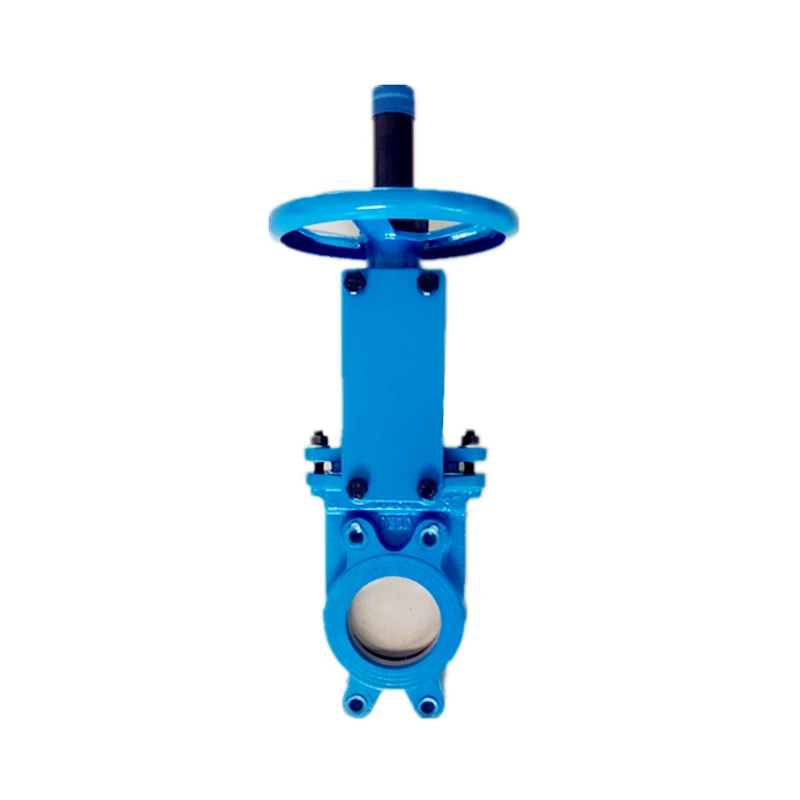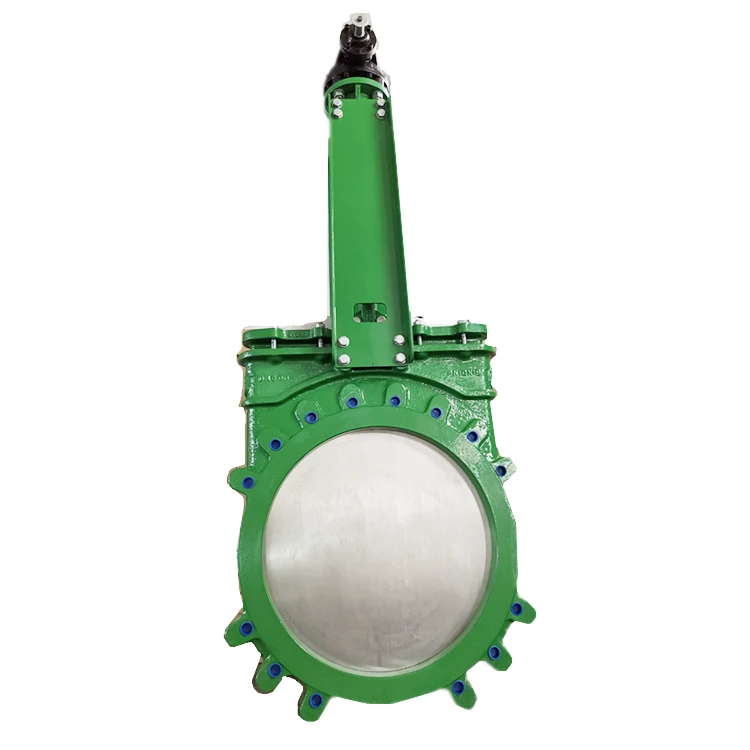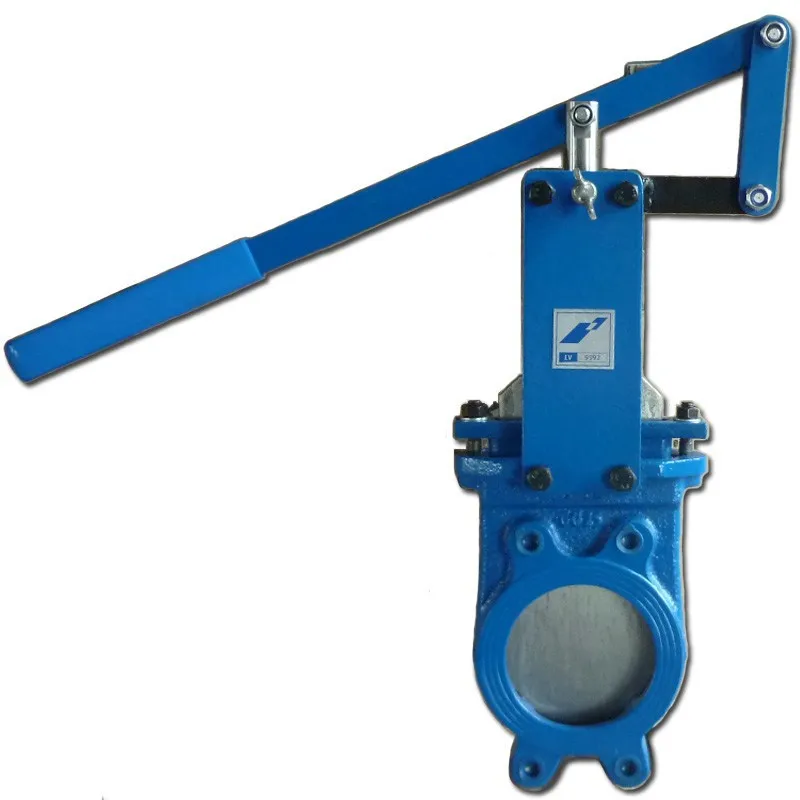Powder Material Gate Valve Equipment Knife Gate Valve
Key Takeaways
In my exploration of Knife Gate Valves, it becomes clear that these components offer significant advantages in the realm of powder material gate valve equipment. One of the most striking features is their robust durability, which makes them ideal for handling tough slurries in various industrial applications. Unlike standard valves, Knife Gate Valves excel in providing a clean cut through materials, reducing the likelihood of blockages and ensuring smooth operation. This characteristic is particularly beneficial when dealing with abrasive substances, as the design minimizes wear and tear.
Moreover, maintenance of Knife Gate Valves is often straightforward, requiring less time and effort than many alternatives. The construction allows for easy access to internal parts, which facilitates routine checks and repairs, thereby extending the lifespan of the equipment. Industries that demand high performance under challenging conditions will find that investing in powder material gate valve equipment with Knife Gate Valves pays off significantly due to their reliable performance and minimized downtime. Overall, these valves represent a smart choice for those seeking efficient solutions in fluid management systems.
Introduction to Knife Gate Valves
In the realm of industrial processes, I find Knife Gate Valves to be particularly essential. These valves are specifically designed to control the flow of powder material and slurries, a task that is crucial in many sectors, including mining, wastewater treatment, and food processing. The design of the Knife Gate Valve incorporates a sharp blade that slices through the material, allowing for a clean cut-off without clogging or buildup—an advantage I greatly appreciate when handling challenging materials.
Durability is another standout feature of these valves. Constructed from robust materials that withstand wear and tear, they are well-suited for harsh operating environments. I often recommend these valves for their reliability over time; they reduce the frequency of equipment failures and costly downtime.
Another noteworthy aspect is that maintenance of Knife Gate Valves is relatively straightforward. Their simple design minimizes parts that could fail or require replacement, which allows for easier servicing. Additionally, regular maintenance checks can ensure they continue to perform optimally across their lifespan.
In summary, I firmly believe that incorporating Knife Gate Valves in handling powder materials not only enhances operational efficiency but also ensures long-term durability and ease of maintenance—attributes that I find invaluable in industrial applications.
"A well-maintained knife gate valve can be the difference between smooth operations and costly interruptions."
Feature | Description |
|---|---|
Design | Sharp blade for clean cut-off |
Material | Robust construction for high durability |
Maintenance | Easy servicing with minimal parts |
Understanding how these valves operate within systems will certainly help improve workflow efficiency and productivity in any industry I encounter.
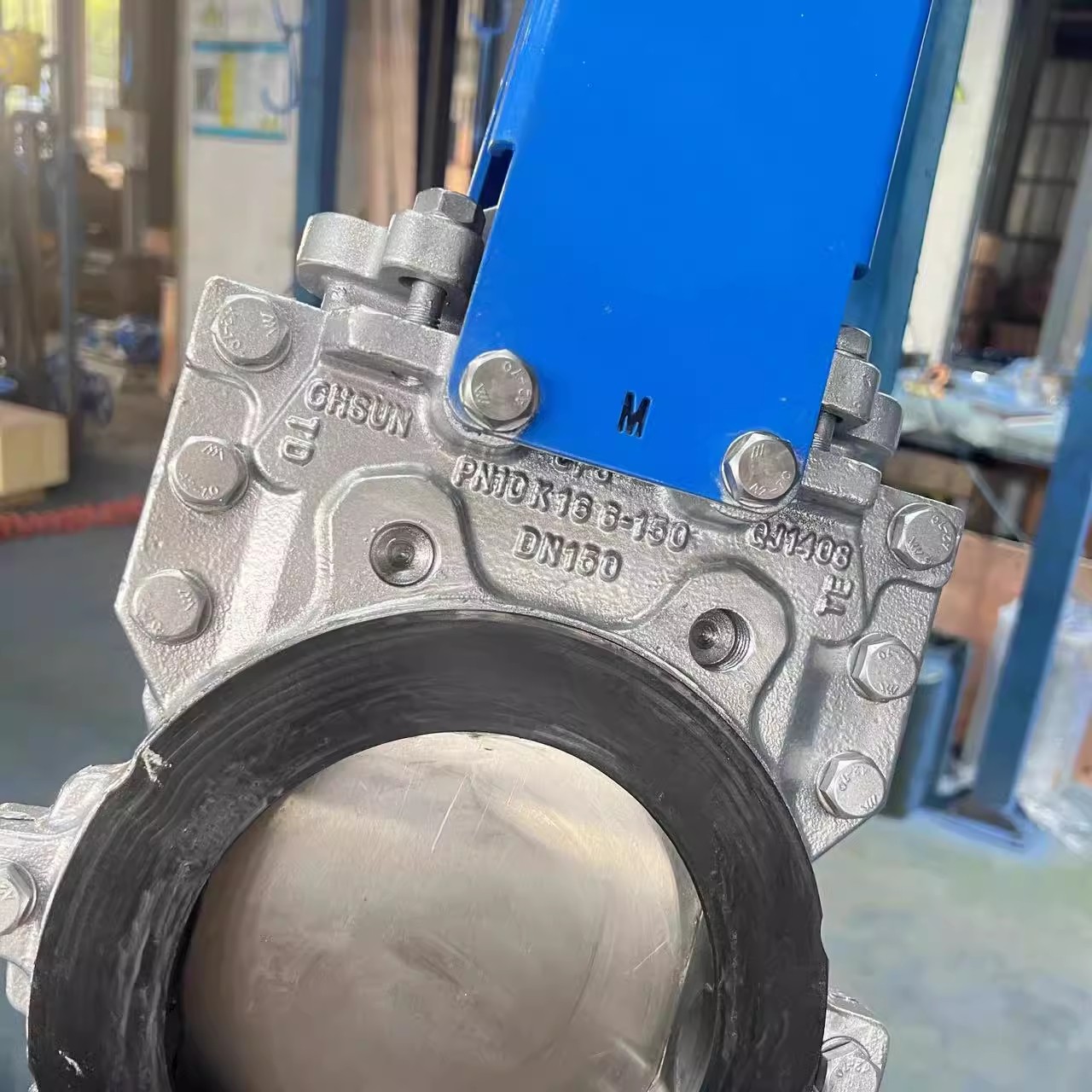
Applications of Powder Material Gate Valve Equipment
The Knife Gate Valve stands out in various industries due to its versatility and efficiency when handling different types of materials. One prominent application is in the mining sector, where these valves manage slurries containing solid particles. Their robust design ensures minimal wear and tear, crucial for environments dealing with abrasive materials. In the food processing industry, Knife Gate Valves are employed to regulate flow in powder and bulk material handling systems, maintaining hygiene standards while ensuring optimal performance. Moreover, they are essential in waste management facilities where they control the flow of sludge and other viscous substances. Their straightforward design also prevents clogging, making them ideal for a range of applications from chemicals to pharmaceuticals. Thus, the Knife Gate Valve serves as an indispensable element in systems that require precise control over various powder materials across multiple sectors.
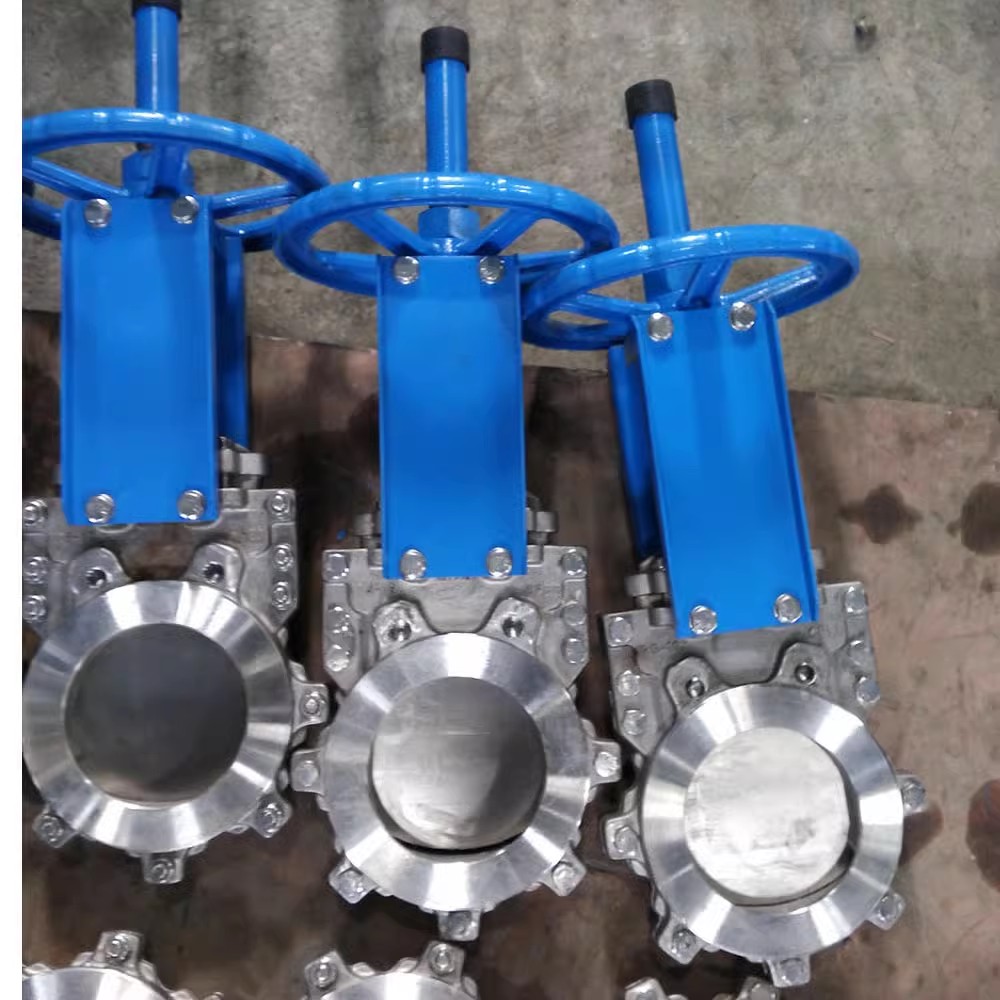
Durability Features of Knife Gate Valves
When assessing the durability of Knife Gate Valves, it is essential to consider several factors that contribute to their long-lasting performance in various industrial applications. One primary aspect is the construction materials used in these valves. Typically, I find that knife gate valves are made from robust materials such as stainless steel or other high-quality alloys that withstand harsh conditions and resist corrosion effectively. This resistance is crucial for industries handling abrasive and highly corrosive substances.
In my experience, the design of the knife gate valve, specifically its unique blade shape, allows it to cut through thick slurries with ease. This feature enables it to outperform other valve types in durability and reliability during operation. The blade’s sharp edge minimizes wear over time, extending the life of the valve significantly. Additionally, I appreciate how these valves require minimal maintenance, as their simplistic design reduces potential failure points compared to more complex valve systems.
Furthermore, another durability feature is highlighted through the valve's ability to maintain a tight seal even under high-pressure conditions. I have observed that this quality ensures consistent performance without leaks, which can otherwise lead to material loss and safety hazards in facilities that handle powdered materials or tough slurries.
Continual advancements in manufacturing processes have further enhanced the durability of knife gate valves. For example, some models now incorporate advanced coatings that enhance surface hardness and reduce friction during operation. As an individual involved in this field, I am convinced that investing in high-quality knife gate valves equipped with these durability features will yield significant long-term benefits for industrial operations.
Thus, when I recommend solutions for handling tough materials, I always highlight the importance of choosing durable options like knife gate valves, which not only provide longevity but also ensure efficiency in demanding applications.
Maintenance Considerations for Knife Gate Valves
When it comes to the maintenance of Knife Gate Valves, I find it essential to emphasize that regular upkeep plays a crucial role in ensuring their longevity and efficiency. These valves, designed specifically to handle powder materials and tough slurries, require careful attention to specific components. Initially, I prioritize checking the gasket integrity and the alignment of the gate within the valve body. Ensuring that these elements are intact significantly reduces the risk of leaks and operational failures.
In my experience, utilizing high-quality seal materials enhances durability and reduces wear over time, which is particularly advantageous in gate valve equipment that operates continuously under harsh conditions. I also recommend a routine inspection schedule that aligns with operational demands—this allows for early detection of any wear or mishaps.
Moreover, the simplicity of a Knife Gate Valve's design aids in its maintenance. Most components can be easily accessed with basic tools, allowing my team to perform repairs without extensive downtime. Greasing moving parts regularly helps maintain smooth operations and prolongs valve life. Overall, adopting a proactive maintenance approach not only extends the service life of these valves but also ensures they continue operating at peak performance levels in various industrial settings.
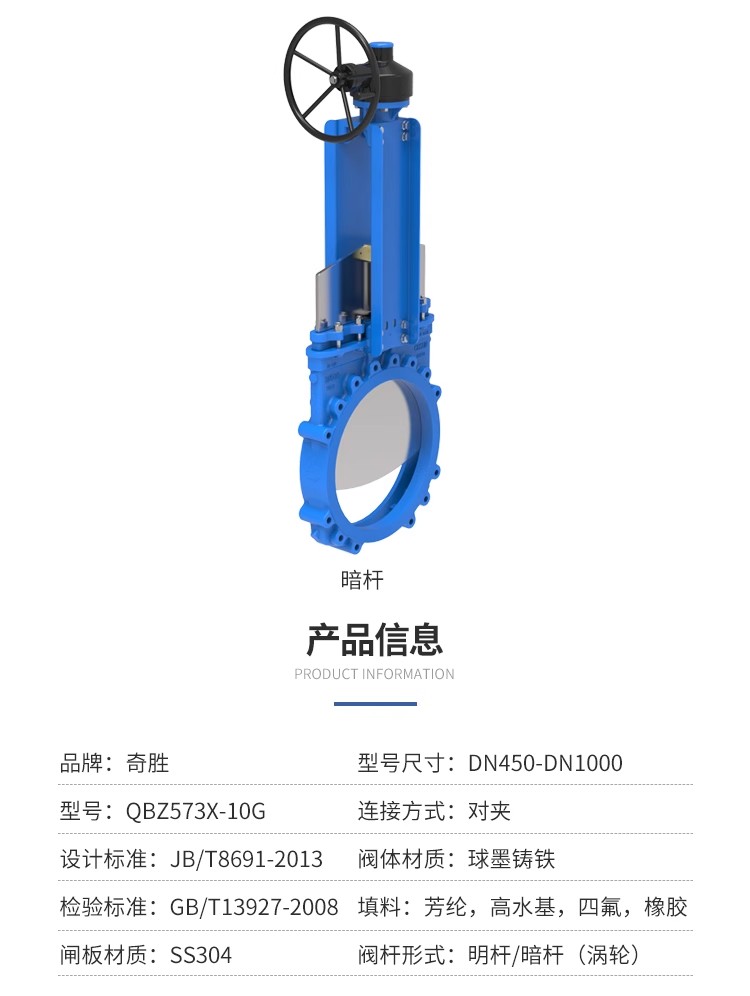
Handling Tough Slurries: The Role of Knife Gate Valves
In various industrial applications, managing tough slurries can be a significant challenge, and this is where the Knife Gate Valve excels. The design of a Knife Gate Valve allows for an efficient and effective solution for isolating and controlling the flow of thick, viscous materials. What sets these valves apart is their ability to cut through tough slurries with minimal effort, thanks to their sharp-edged blade that easily slices through accumulated material at the valve seat. This feature not only enhances the valve's ability to handle slurries without clogging but also reduces operational downtime associated with flow interruptions.
Furthermore, Knife Gate Valves are engineered for durability, which is essential when dealing with abrasive materials commonly found in industries such as mining, wastewater treatment, and material processing. The robust construction ensures that the valve maintains its integrity even in harsh conditions. Additionally, maintenance is straightforward due to the simplicity of the valve design; I find that routine inspections and adjustments are more accessible compared to other more complex valve types.
The suitability of Knife Gate Valves for handling tough slurries makes them an invaluable asset in my operations. They not only improve efficiency but also significantly reduce wear on other components in the system by managing flow more effectively. As I continue to integrate these valves into various applications, I am convinced of their vital role in ensuring smooth operations when tackling challenging slurry conditions.
Comparison of Knife Gate Valves with Other Valve Types
When evaluating the performance of Knife Gate Valves against other valve types, it is essential to consider various factors such as design, operation, and specific applications. Knife Gate Valves are uniquely designed to handle challenging materials, especially in industries dealing with slurries or bulk powders. Unlike traditional gate or globe valves, which may struggle with clogging due to particulate matter, Knife Gate Valves feature a blade-like mechanism that efficiently cuts through the material, providing a clear and unobstructed flow path. Additionally, their construction often emphasizes durability; many Knife Gate Valves are made from robust materials that can withstand harsh operating conditions. In contrast to ball valves or butterfly valves, which may require more frequent maintenance to ensure proper sealing and operation, Knife Gate Valves typically require less upkeep due to their simpler design and fewer moving parts. This ease of maintenance is a significant advantage in environments where downtime needs to be minimized. Furthermore, while ball valves excel in throttling capabilities and are commonly used for liquids, the efficiency of Knife Gate Valves in managing thick or viscous materials makes them a preferred choice for many industrial applications. Thus, understanding these differences can help operators select the right valve type for their specific needs while ensuring optimal performance and reliability.
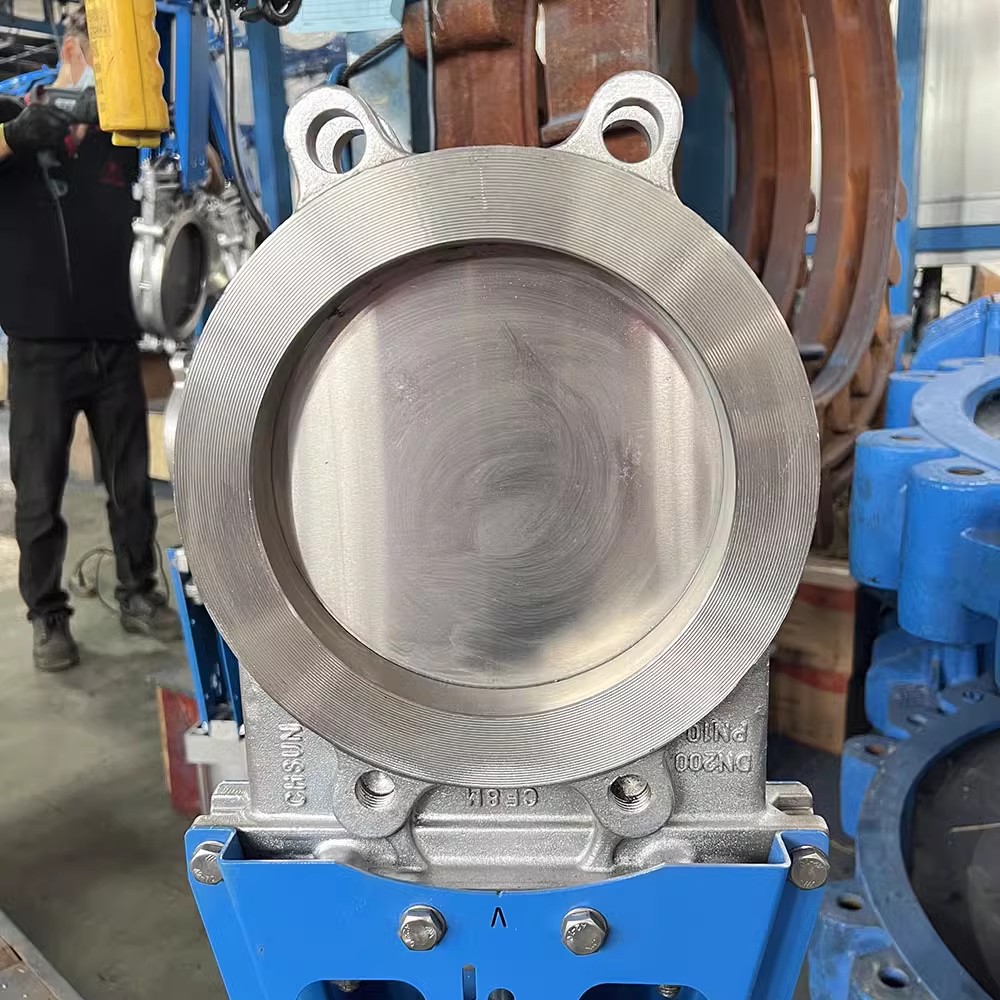
Industry-Specific Uses of Powder Material Gate Valve Equipment
In various industries, the Knife Gate Valve plays a critical role in managing the flow of powder material. One notable application is in the food and beverage sector, where maintaining strict hygiene standards is essential. Here, the Knife Gate Valve ensures efficient handling of bulk solids and slurries while minimizing contamination risks. Similarly, in wastewater treatment facilities, these valves are employed to control the movement of sludges and other tough mixtures, optimizing operational efficiency.
The versatility of powder material gate valve equipment is further highlighted in the mining sector, where they are used to manage abrasive materials like coal or limestone. Given their robust design, which emphasizes durability, these valves can withstand harsh conditions while ensuring reliable performance. Moreover, in chemical processing plants, Knife Gate Valves serve as essential components for managing corrosive materials safely.
In addition to these applications, industries such as pharmaceuticals benefit from the precision offered by this type of valve. The ability to handle different states of matter—whether liquids or powders—makes them invaluable in processing environments where precision and reliability are paramount. Thus, understanding the specific needs of each industry allows for optimal deployment of Knife Gate Valves, thereby enhancing system performance across various applications.
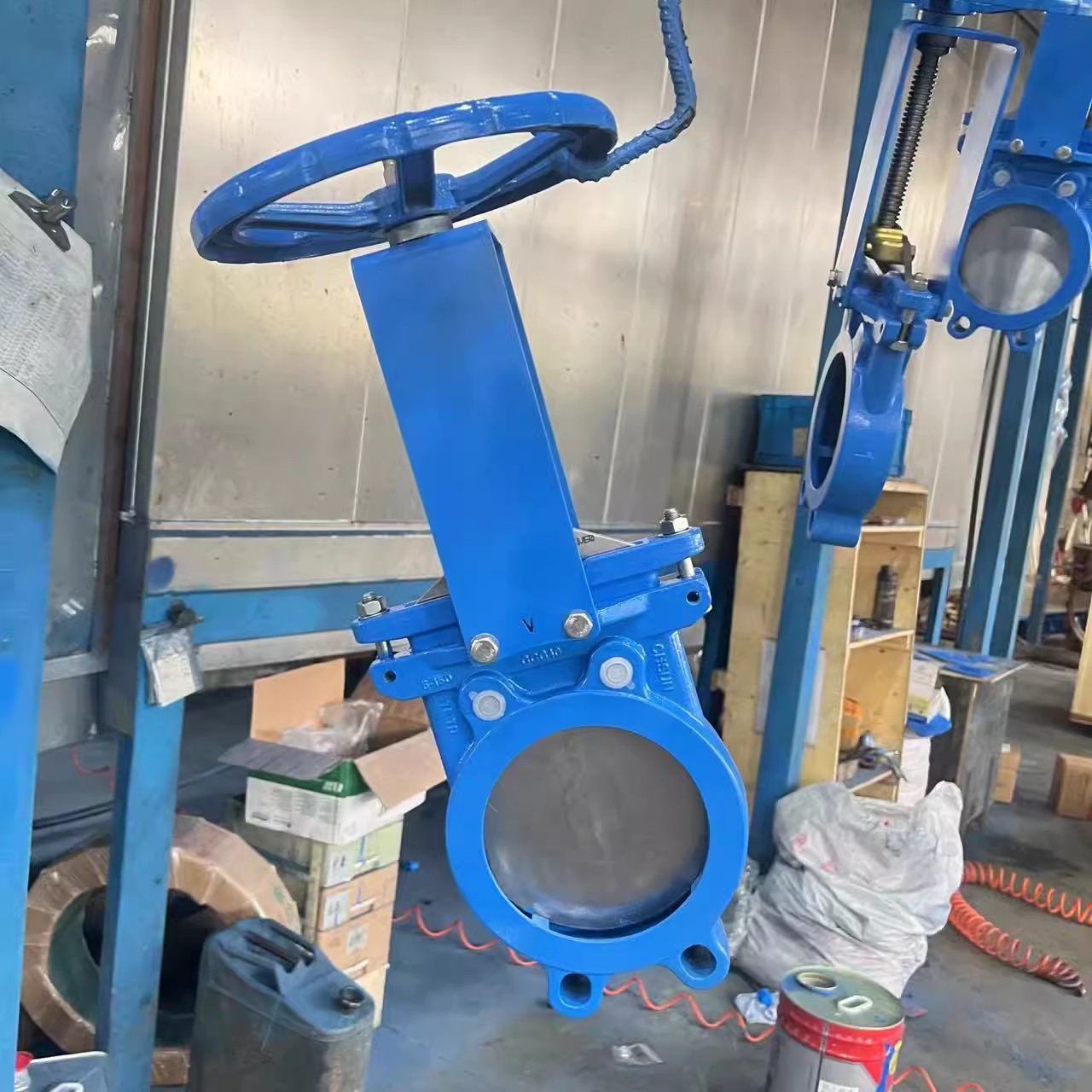
Conclusion
In conclusion, the Knife Gate Valve represents a robust solution for industries dealing with challenging materials. The advantages offered by powder material gate valve equipment cannot be overstated, especially in environments where durability and reliability are paramount. I have observed that the unique design of the Knife Gate Valve lends itself well to efficient operation under extreme conditions, minimizing the risk of wear and tear over time. Additionally, their relatively straightforward maintenance requirements make them an appealing choice for facilities looking to optimize operational uptime.
In my experience, when compared to other types of valves, the Knife Gate Valve excels in managing tough slurries, providing an unparalleled level of control over flow rates. This quality is particularly essential in industries such as mining and wastewater treatment, where consistency and reliability are crucial. Furthermore, with advancements in technology, features such as automatic actuation—whether pneumatic or electric—greatly enhance the usability of these valves in various applications. Thus, I strongly believe that investing in powder material gate valve equipment, particularly utilizing the Knife Gate Valve, is a wise decision for any industry focused on efficiency and long-term performance.
FAQs
What is a Knife Gate Valve?
A Knife Gate Valve is a type of valve commonly used to control the flow of powder materials and slurries. Its design features a blade-like gate that efficiently cuts through the material, making it ideal for handling tough, viscous substances.
What are the applications of Knife Gate Valves?
Knife Gate Valves are widely used in industries such as mining, wastewater treatment, and food processing. Their ability to manage abrasive powders and thick slurries allows them to function effectively in areas where conventional valves may struggle.
How durable are Knife Gate Valves?
The durability of Knife Gate Valves is one of their key benefits. They are typically constructed from robust materials that withstand harsh conditions, making them long-lasting solutions in demanding environments.
What maintenance does a Knife Gate Valve require?
Maintaining a Knife Gate Valve is generally straightforward. Regular inspections and cleaning can ensure optimal performance. Furthermore, the design allows for easy access to parts that may require replacement over time.
Why are Knife Gate Valves suitable for handling tough slurries?
The unique design of Knife Gate Valves, with their sharp blade and robust construction, makes them particularly suitable for cutting through dense slurries. This ensures smooth operation even with the most challenging materials.
How do Knife Gate Valves compare to other valve types?
When compared to other types such as ball valves or gate valves, Knife Gate Valves stand out in applications involving solids or thick liquids. Their specific design caters to situations where material integrity and flow control are critical.
Can you provide more details on the technical specifications of Knife Gate Valves?
Certainly! The technical parameters will include various dimensions, pressure ratings, and material specifications tailored to different industrial requirements. Additionally, images, videos demonstrating operation, and comparisons with ball valves can be provided for better understanding.
By ensuring clarity in these FAQs regarding Knife Gate Valves, I aim to equip you with essential information that highlights their significance in fluid management systems across various industries.

